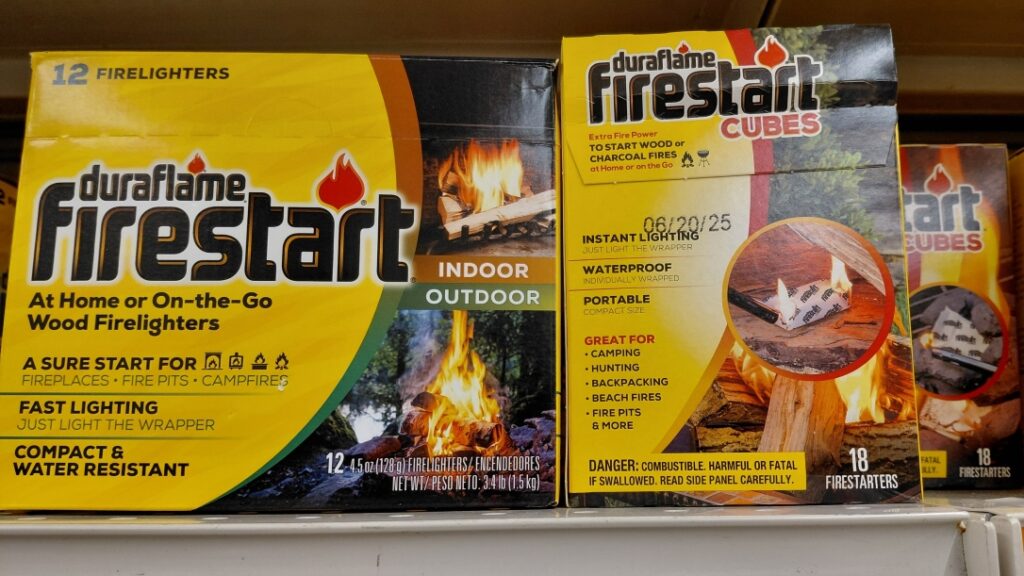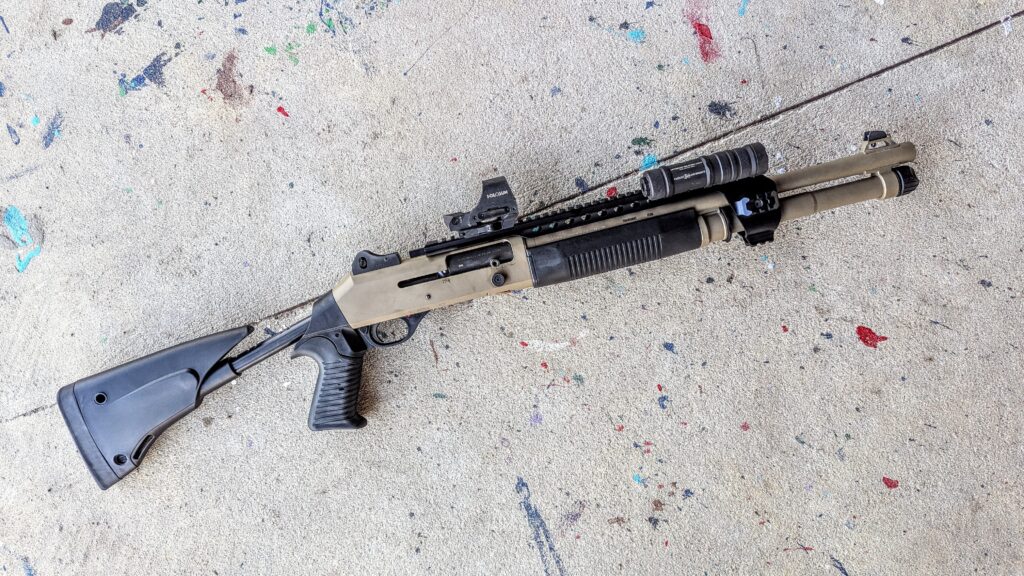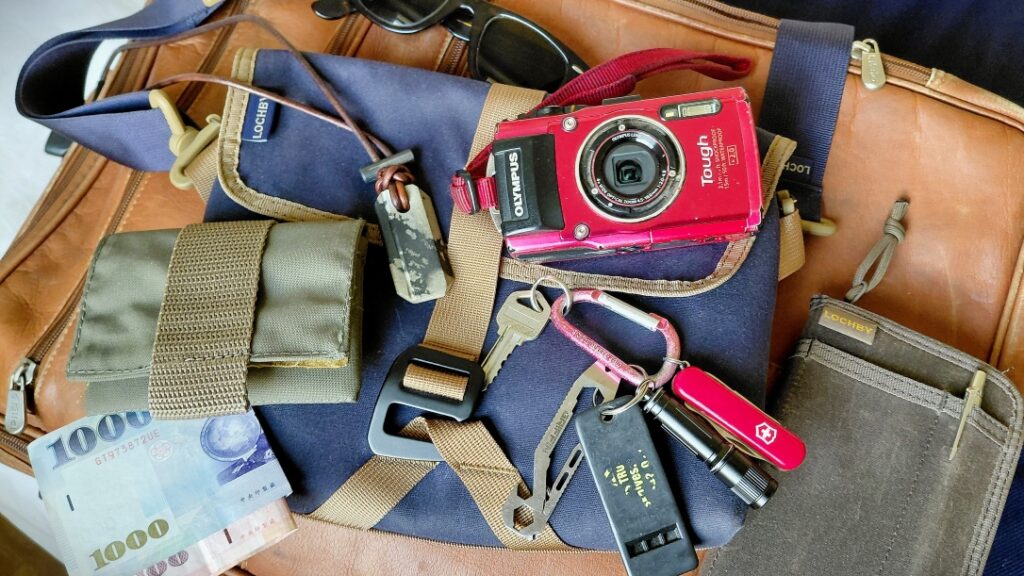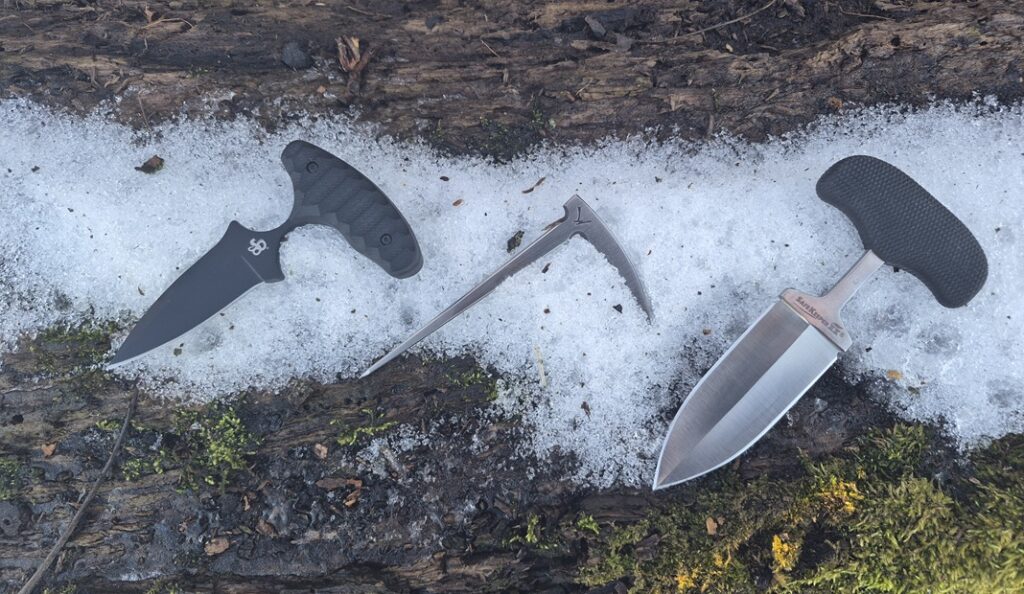Social Temperature is kind of self-explanatory, but I think it warrants touching on.
The TL;DR version is that anywhere you are there is a base level of social interaction. Once you get acclimated to that, your brain can better filter out what info it can ignore and what info is worth paying attention to for potential problems.
I think this is important because a lot of people harp on “situational awareness” but don’t really delve into the details of what that process looks like. To the uninitiated, they think that can mean eyeballing everyone around you and doing a full threat evaluation. This is unrealistic and emotionally draining. Not to mention, if you eyeball the wrong person in the wrong way, it has a real probability of increasing that social friction we’re trying to avoid.
Advertisement — Continue Reading Below
Once you’ve taken a Shivworks class where they discuss Managing Unknown Contacts or avail yourself of the resources that actually address threat recognition (Claude Werner, William Aprill, John Hearne, off the top of my head), you realize that the goal is to learn better what you can safely ignore. That frees up your processing speed for the novel stimuli that actually warrant more attention.















